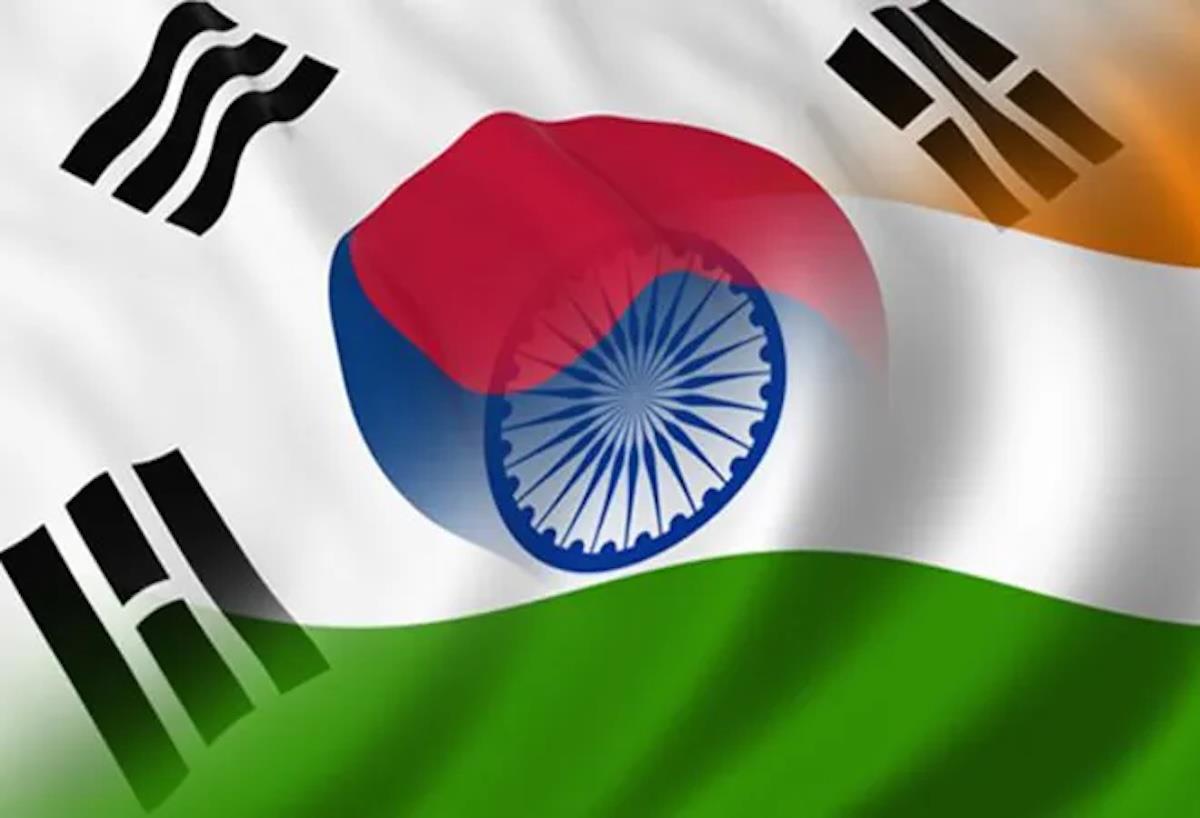
South Korea's Strategic Autonomy And India
South Korea has, with its advanced economy, vibrant democracy, strategic geographic position, and growing soft power, all the essential ingredients to play such a role. Yet, under the Yoon Suk-yeol administration, Korea has drifted from this potential, becoming overly reliant on one side of the geopolitical spectrum.
Now, however, with the political tide turning and the possibility of Lee Jae-myung ascending to the presidency, Korea has a real opportunity to reset its course and finally step into the role of a true pivotal state.
A pivotal state is not merely a middle power, but a country that actively shapes the balance in great-power politics. Unlike satellite states that gravitate around dominant powers, a pivotal state maintains a strategic center of gravity of its own. It responds flexibly to shifting international dynamics, refuses to become a vassal of larger powers and uses diplomacy and autonomy to enhance its national interests.
Examples of such countries include India and Brazil – states that pursue independent foreign policies and often play both sides when necessary, leveraging their positions for national gain without being fully subsumed into any alliance system. These nations do not just survive the global power competition – they shape it.
Missed opportunity under YoonWhen President Yoon Suk-yeol came to power in 2022, he proclaimed Korea's ambition to become a“global pivotal state.” At face value, this was a welcome shift from past administrations that often wavered between great powers. Yoon promised bold, principled diplomacy that would elevate Korea's standing on the global stage.
However, in execution, this vision became more rhetoric than reality. Instead of striking a balance between competing powers, the Yoon administration veered sharply toward unconditional alignment with the United States.
It enthusiastically embraced the US Indo-Pacific Strategy, tightened security and intelligence cooperation with Washington and Tokyo, and made highly visible moves such as hosting extended deterrence dialogues and participating in anti-China rhetoric.
This foreign policy posture, while arguably addressing immediate security concerns, came at the expense of Korea's strategic autonomy. Moreover, by choosing clear alignment in a world that is increasingly multipolar, Korea forfeited its ability to mediate, influence or act as a bridge between diverging global interests. In doing so, it reduced itself from a potential rule-shaper to a rule-follower.
It alienated not only China – its largest trading partner – but also developing nations that value non-alignment and autonomy. The Yoon administration's vision of a pivotal Korea turned out to be a paradox: how can a nation claim the mantle of a global pivot while acting as a strategic extension of another great power?

Legal Disclaimer:
MENAFN provides the
information “as is” without warranty of any kind. We do not accept
any responsibility or liability for the accuracy, content, images,
videos, licenses, completeness, legality, or reliability of the information
contained in this article. If you have any complaints or copyright
issues related to this article, kindly contact the provider above.






















Comments
No comment